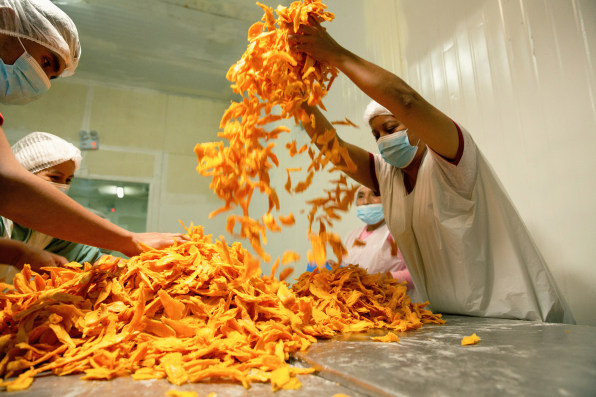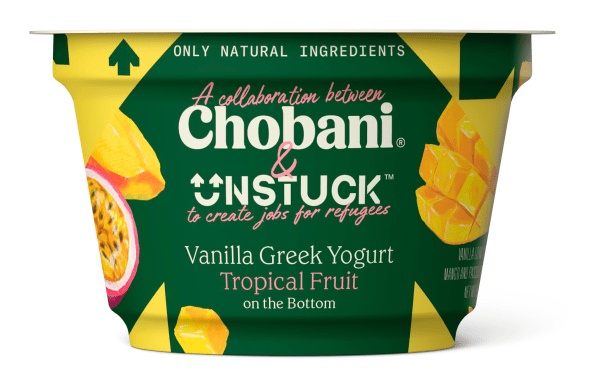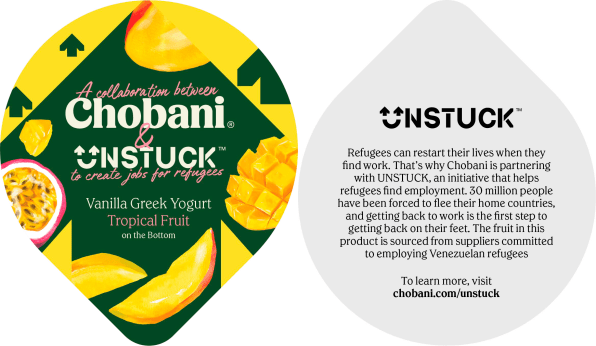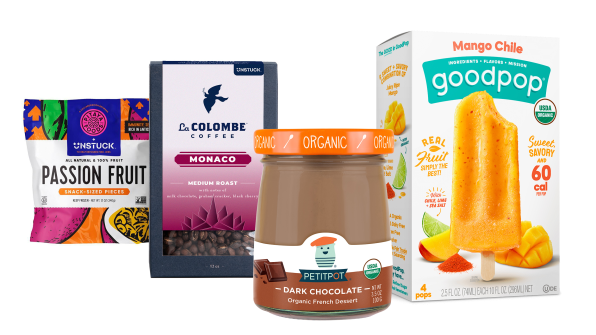[ad_1]
When Chobani founder Hamdi Ulukaya started hiring refugees at his factory in upstate New York after he saw that they were struggling to find other jobs, he also helped kickstart a wave of other corporate commitments to hire refugees. But because most refugees live in the developing world—where corporations often don’t work directly—Ulukaya is now adding a new approach. In an initiative called Unstuck, brands including Chobani are making products sourced from suppliers who have also agreed to hire refugees.

“We thought we can make it a win-win,” Ulukaya says. “If a company encourages their supply chain to hire refugees [to work] on the products that they’re making for them, and if we have activated consumers who are really passionate about this topic in the Western world—who say, ‘I’ll buy your product if it’s helping someone in another part of the world’—that could be very interesting.”
The first group of products from the new coalition of brands focuses on supporting refugees from Venezuela, where more than 5 million people have fled violence, economic collapse, and political repression. More than 2 million Venezuelans have ended up in neighboring Colombia, which is struggling to handle the influx of people. The new initiative helps create new job opportunities for the refugees.

Chobani’s new product with the Unstuck label, for example, a yogurt made with tropical fruit, includes mangos from CEA, a supplier in Colombia that now hires refugees because of the program. “CEA was interested in setting up a refugee-hiring program, and had in fact tried to recruit Venezuelan refugees in the past,” says Nick O’Flaherty, director of Unstuck. It’s an initiative of the Tent Partnership for Refugees, the nonprofit Ulukaya founded in 2016 that asks companies to commit to supporting refugees. “But they were unsure of the processes and requirements, or the additional support they needed to provide refugee talent.” The Unstuck team connected the company with a nonprofit partner, Cuso International, which offered advice to help recruit, train, and work with refugees for the program.

The name “Unstuck” refers to the crucial role that jobs play in refugees’ lives; refugees often feel “stuck” when they arrive in another country and are unable to move forward, Ulukaya says. “Their careers and education are on hold, and they lack access to basic services like health, education, and banking, and the support networks they had at home,” the Unstuck website explains. “A job is the best first step to starting a new life.”

A handful of other brands also have just launched products with the Unstuck label and ingredients from suppliers now hiring refugees. La Colombe, the coffee roaster, is selling a new medium-roast coffee. That’s It, a snack company, is selling a mango probiotic fruit bar. GoodPop is selling a mango chile popsicle. Petit Pot is selling a chocolate dessert. Pitaya Foods is selling two new snacks, an avocado version and a passion-fruit version. The team is now recruiting more brands to participate and also plans to later expand into other regions where some of the world’s 36 million refugees live. “I think it’s something we can all unite around,” Ulukaya says.
[ad_2]
Read More: How brands like Chobani are creating new jobs for refugees
